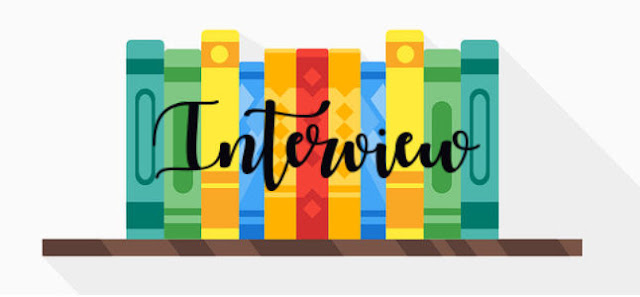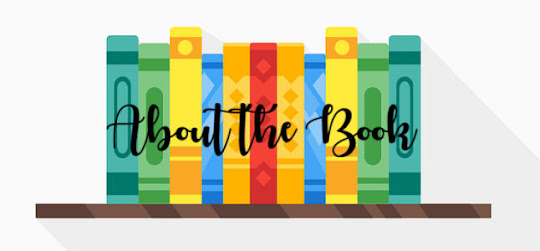Evy Journey writes. Stories and blog posts. Novels that tend to cross genres. She’s also a wannabe artist, and a flâneuse. Evy studied psychology (M.A., University of Hawaii; Ph.D. University of Illinois). So her fiction spins tales about nuanced characters dealing with contemporary life issues and problems. She believes in love and its many faces. Her one ungranted wish: To live in Paris where art is everywhere and people have honed aimless roaming to an art form. She has visited and stayed a few months at a time.
Author Links
On writing:
There are many books out there....what makes yours different?
The Golden Manuscripts: A Novel crosses genres. That’s one thing that makes it somewhat unusual. It’s essentially in the literary genre with assertive mystery and historical elements, and some subtle seduction thrown in. It’s also about stolen medieval illuminated manuscripts that’s seldom the subject of fiction. As I researched art heists, I was amazed to find a real instance during WW II of an American soldier stealing medieval manuscripts that he kept until he died decades later. It gave me an angle too fascinating to pass up, so this book is loosely based on those events. The story goes deeper into motives other than financial gain for art thievery, gives a glimpse into the underbelly of the art world, and suggests medieval manuscripts as precursors to today’s picture books.
Where is your book set and have you ever been there?
Much of the book is set in the San Francisco Bay Area, where I now live. There are also scenes in European cities—Paris, for instance, where I’ve stayed for months at a time across several years; Florence, Rome, Berlin, and other cities I’ve visited are alluded to. I love to travel and stay longer than most tourists do in places I like. So, you’ll find characters in this novel and the one before it (The Shade Under the Mango Tree) traveling and sampling other cultures.
Do you have another profession besides writing?
I had an earlier profession doing social science research and developing mental health programs.
How long have you been writing?
Since my education and former job required writing reports and essays, I’d say I’ve been writing a long time. As far as publishable novel is concerned, I’d say 15 years.
What is your next project?
I’ve started to read biographical material as well as fiction about Edouard Manet and Berthe Morisot, two artists in mid-century France. I’m testing possibilities for a fictional account of their relationship. There must be some fascinating issues when two driven artists get together, especially when there is a suspected romantic attraction.
How are you similar to or different from your lead character?
First of all, Clarissa, the main protagonist, is a young woman. I’m quite a bit older and already at peace with myself in comparison. We’re both multicultural, having lived in several cities in different countries. She’s biracial—half Filipino, half Caucasian. My mom said I have a bit of Spanish and a bit of Chinese in my basically Filipino ethnicity. Professionally, she’s an artist. I dabble in art, but trained in the social sciences.
In one sentence, what was the road to publishing like?
Kind of easy as a self-published author who’s in control of necessary choices on the road to publishing—beta readers, editors, formats. Existing platforms for self-publishing have also helped make it easy. So does having a long history of writing and working with other professionals who critiqued my work. I’ve developed an armadillo hide that helps me survive challenges and frustrations.
What is something you had to cut from your book that you wish you could have kept?
I deleted a whole chapter just before the Epilogue written in the male character’s POV, disclosing his feelings for Clarissa, and what happens after she kisses him. More intimate, it’s part emotional hook/part deeper characterization, but I decided it would distract from the story’s main themes and is out of sync with the story presentation that’s largely in the heroine’s POV. And why not leave something for the reader’s imagination? So, I excised it before I sent my draft to the editor. If you’re curious about that deleted chapter, you can download it from the sidebar at https://evyjourney.net/category/blog/
On rituals:
Do you snack while writing? Favorite snack?
No. But I often write after lunch or after dinner.
Where do you write?
Various places, but my favorite is on a window seat, with my computer on a short-legged lap table. I live on a hill, so I can occasionally look out to the landscape outside my window to rest my eyes and my mind.
Do you write every day?
No. There are a lot of other things I attend to on most days. I do write nearly everyday when I’m in the midst of a novel.
In today’s tech savvy world, most writers use a computer or laptop. Have you ever written parts of your book on paper?
I did, in my old job. Dealing a lot with statistics, my mind used to wander, giving me ideas for scenes in stories. The most available tools I had during such times were a pen and the back of computer paper.
Fun stuff:
Favorite travel spot?
Paris.
Favorite dessert?
Macarons
Any hobbies?
I draw and paint and do digital art.
What song is currently playing on a loop in your head?
Two: The first movement of Mozart’s piano concerto #20. And an old song, Windmills of Your Mind in French after I heard it sung by the composer, an old Michel Legrand, and Natalie Dessay, an opera singer.
What is something that made you laugh recently?
Watching the Netflix documentary series History of Swear Words. It’s quite funny, but also informative.
What is your go-to breakfast item?
I don’t eat breakfast.
What is the oldest item of clothing you own?
A cheongsam, a long Chinese dress someone gifted me in my early twenties. I haven’t worn it in years, but I find it hard to give away.
Tell us about your longest friendship.
My husband was a friend I met at work before we hooked up a year later and married thereafter. We remained friends. He was a great listener and very supportive of my work and my attempts at being an author.
What advice would you give to a first-time writer?
Write, write, write. And don’t expect immediate success. Being an author is a lot of work.










No comments:
Post a Comment